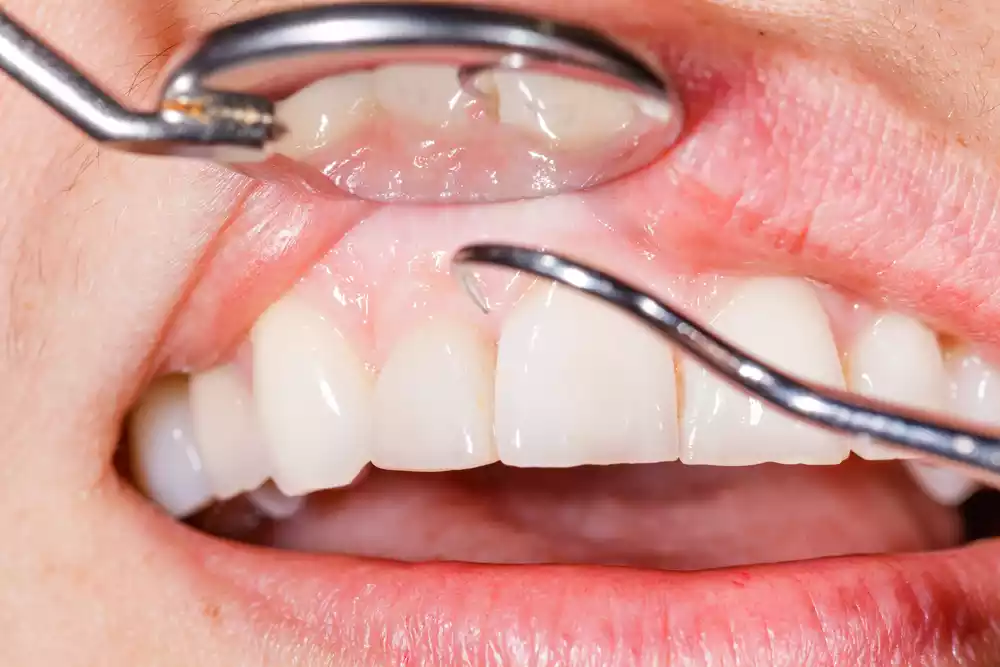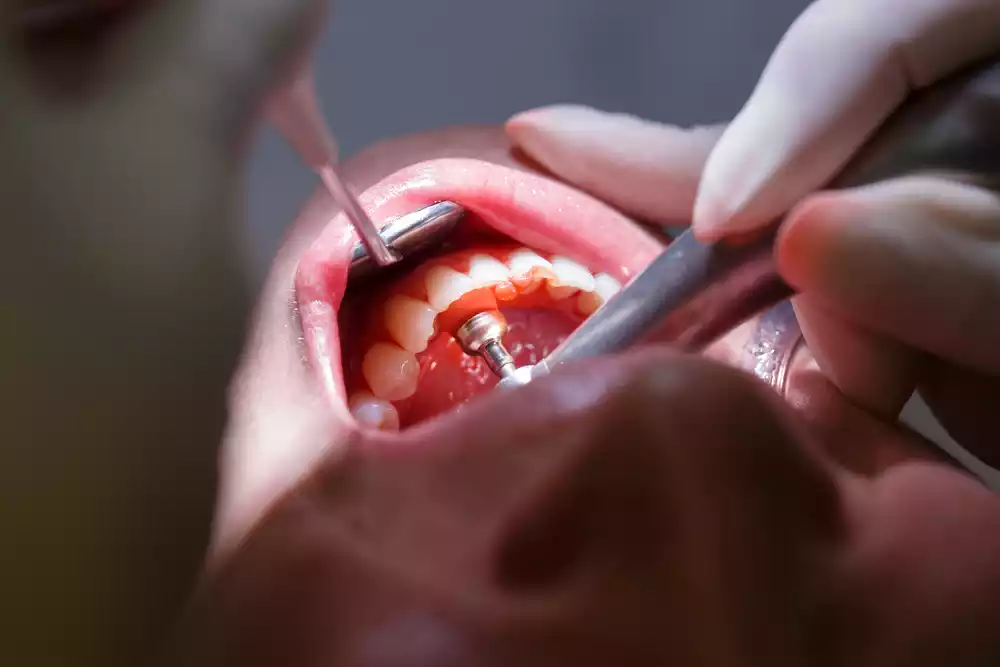When it comes to oral health, we often focus on our teeth, but what about our gums? Healthy gums are just as important as pearly whites when it comes to maintaining a beautiful smile. Not only do they provide a strong foundation for our teeth, but they also play a crucial role in our overall well-being. In this article, we’ll explore the importance of healthy gums and share some tips on how to keep them in top shape.
The Importance of Healthy Gums
Taking care of our gums is essential for maintaining optimal oral health. Having healthy gums not only contributes to a beautiful smile but also plays a crucial role in preventing gum disease and other dental issues. When it comes to overall oral health, healthy gums are the foundation upon which everything else is built.
Why are healthy gums so important? Let’s take a closer look:
1. Preventing Gum Disease
Gum disease, also known as periodontal disease, is a common condition that affects a significant number of adults in the United States. It occurs when the gums become inflamed and infected due to bacteria buildup. If left untreated, gum disease can lead to tooth loss and other serious complications. By maintaining healthy gums, we can significantly reduce the risk of developing gum disease.
2. Protecting Teeth
Our gums play a vital role in anchoring our teeth in place. When gums become weak and infected, they can no longer provide proper support for the teeth, resulting in tooth loss. Keeping our gums healthy ensures a strong foundation for our teeth, promoting their longevity and stability.
3. Maintaining Fresh Breath
Healthy gums contribute to fresh breath. When gums are infected or inflamed, they can emit unpleasant odors. By promoting gum health, we can help keep our breath fresh and our mouths feeling clean.
4. Enhancing Overall Health
The health of our gums is interconnected with our overall well-being. Research has shown that gum disease is linked to various systemic health conditions, including heart disease, diabetes, and respiratory diseases. Keeping our gums healthy can promote not just our oral health but our overall health as well.

Understanding Gum Disease
Gum disease is a common oral health issue that can have serious consequences if left untreated. It occurs when the gums become infected and inflamed due to the buildup of plaque, a sticky film of bacteria that forms on the teeth.
Gum disease, also known as periodontal disease, exists in two stages: gingivitis and periodontitis.
Gingivitis is the milder form and is characterized by swollen, red, and tender gums. Some common symptoms of gingivitis include:
- Bleeding gums while brushing or flossing
- Bad breath
- Receding gums
- Tender gums
If left untreated, gingivitis can progress into periodontitis. At this stage, the infection and inflammation can spread to the underlying structures supporting the teeth, including the bone. This can lead to:
- Deep pockets between the gums and teeth
- Tooth mobility
- Tooth loss
- Abscesses (pus-filled pockets)
- Changes in bite or jaw alignment
Gum disease is a serious condition that not only affects our oral health but can also have implications for our overall well-being. Research has linked gum disease to an increased risk of heart disease, diabetes, stroke, and respiratory diseases.
While anyone can develop gum disease, certain factors can increase the risk. These include:
- Poor oral hygiene habits
- Tobacco use
- Genetics or family history of gum disease
- Certain medications
- Hormonal changes(such as during pregnancy or menopause)
- Poor nutrition
- Chronic stress
Prevention is key when it comes to gum disease. Maintaining healthy gums can be achieved through a combination of good oral hygiene practices and regular dental check-ups.

Tips for Maintaining Healthy Gums
Taking care of our gums is essential for overall oral health. Healthy gums not only contribute to a beautiful smile, but they also support healthy teeth and reduce the risk of gum disease. Here are some tips to help you maintain healthy gums:
Brush your teeth properly
Brushing our teeth is not just about cleaning the surfaces of the teeth, but also about taking care of our gums. Use a soft-bristled toothbrush and gentle, circular motions to clean both the teeth and the gumline. Make sure to brush at least twice a day, for two minutes each time.
Floss daily
Brushing alone cannot remove all the plaque and bacteria from between our teeth and along the gumline. That’s where flossing comes in. It helps to remove the hard-to-reach debris and prevent gum disease. Make it a habit to floss every day to keep your gums healthy.
Use fluoride toothpaste
Fluoride is an essential mineral that helps strengthen teeth and prevent tooth decay. When choosing toothpaste, opt for one that contains fluoride. It can help protect your gums and teeth from the harmful effects of bacteria and plaque.
Limit sugary and acidic foods
Consuming excessive amounts of sugary and acidic foods and beverages can lead to tooth decay and gum disease. These substances can erode the enamel and irritate the gums. Be mindful of the amount of sugar and acid you consume and try to limit your intake.
Schedule regular dental cleanings
Regular dental cleanings are an important part of maintaining healthy gums. Professional dental cleanings help remove plaque and tartar buildup, which can contribute to gum disease. Visit your dentist every six months for a thorough cleaning and check-up.
Don’t smoke or use tobacco products
Smoking and tobacco use increase the risk of gum disease and can also delay the healing process. Quitting smoking or avoiding tobacco products altogether can greatly benefit your oral health and help keep your gums healthy.

Remember, maintaining healthy gums requires a consistent oral care routine and regular dental visits to your dentist in Tijuana. By following these tips, you can ensure that your gums stay healthy and contribute to your overall well-being.





